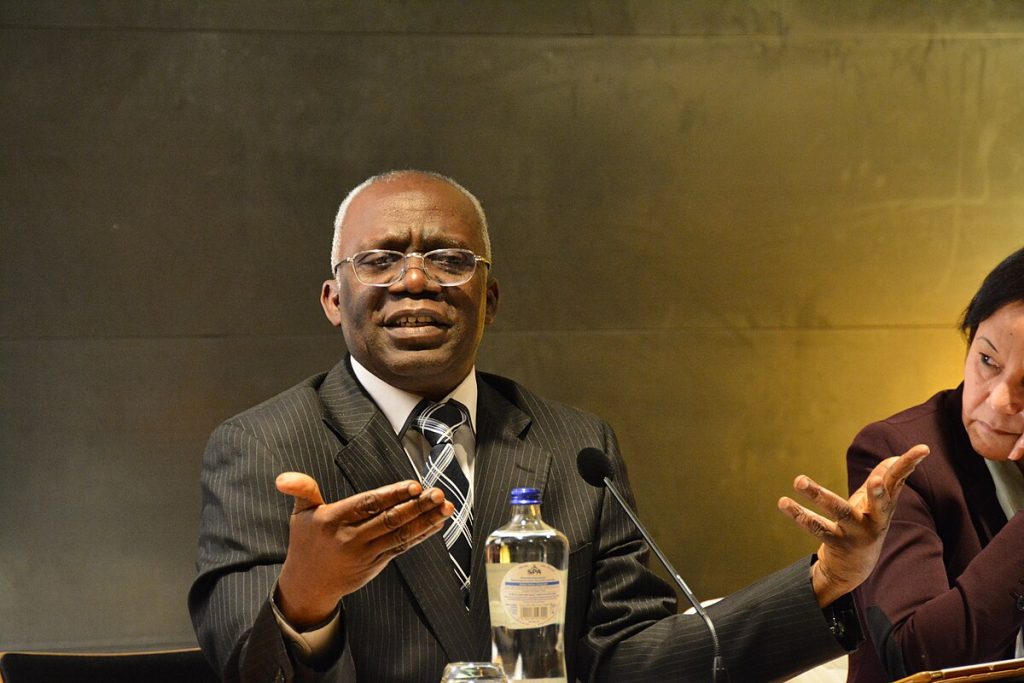Renowned human rights lawyer, Femi Falana, SAN, has strongly criticised the recent sentencing of Akeem Jimoh, a 28-year-old auto mechanic who was convicted and sentenced to three years’ imprisonment with hard labour for stealing 17 tubers of yam worth N35,000 in Osogbo, Osun State.
The judgment was delivered on Wednesday by Chief Magistrate Muibah Olatunji, after Jimoh pleaded guilty to a one-count charge of theft. Asked why he committed the offence, Jimoh said he stole the yam out of hunger and begged the court for leniency.
However, the magistrate handed down a harsh sentence: three years in prison without the option of a fine, and with hard labour.
READ ALSO: Femi Falana SAN pushes for legal aid in police stations across Nigeria
Make sentencing humane — Falana
Reacting in a statement shared, Falana called for an overhaul of Nigeria’s sentencing policy, saying it must reflect justice, compassion, and social reality.
“It is high time that the sentencing policy of the country was made humane,” Falana said. “Why should the government waste scarce public funds on the feeding, accommodation, and medical care of a convict jailed for stealing tubers of yam worth N35,000?”
He compared the Nigerian judiciary’s approach to that of capitalist democracies, where courts increasingly acknowledge economic desperation as a mitigating factor in petty theft.
“Judicial officers in capitalist countries have stated that it is no longer a crime for the poor to steal food to feed themselves and their family members,” he noted.
Falana also revealed that his chambers has already taken steps to challenge the court’s decision.
“We have briefed a lawyer to file an appeal against the conviction and the three-year jail term of Akeem Jimoh,” he confirmed.
Widening inequality in the justice system
The case has sparked wider public debate about disparities in Nigeria’s legal system, where poor and vulnerable citizens often face disproportionate punishments, while politically connected individuals frequently escape accountability for more severe crimes.
Many observers see Jimoh’s sentence as reflective of a broken justice system, one that punishes poverty while turning a blind eye to elite corruption.



